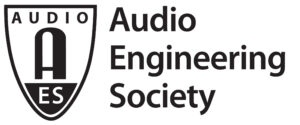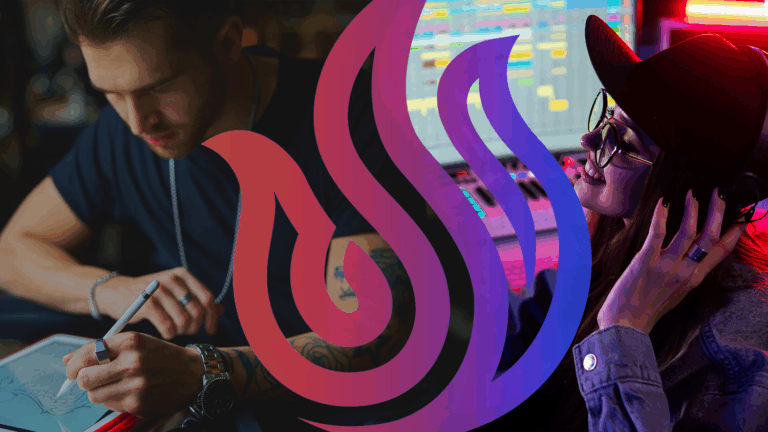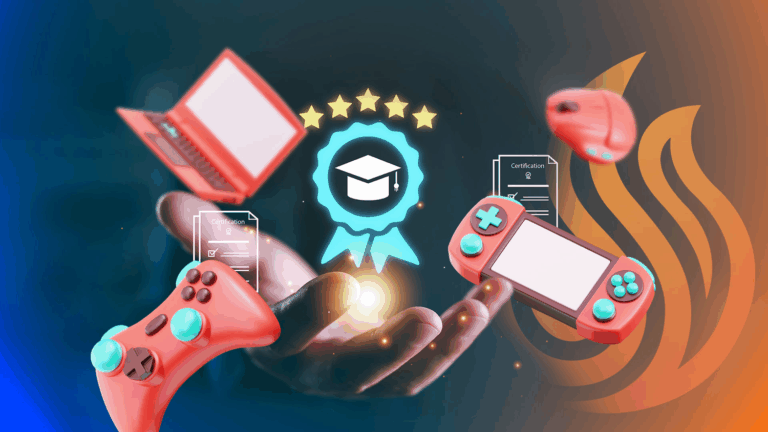From time to time we ask students to reflect on their path through college. In this segment, Gabriel Lamoire offers his perspectives on how to become an audio engineer and why he chose the audio engineer career. He is currently working at Nest as an Audio Test Associate. After he graduates in May, he is lined up to work at Apple as an Audio Triage Engineer.
Q: What brought you to USV’s Audio Engineering Program?
Gabriel: After working in music production in New York City for about a year, I decided that the lifestyle associated with a career in that field was not for me. I still wanted to work in audio so I began picking apart everything I knew about audio in entertainment. After some extensive research, I found that USV was one of the only institutes offering a Bachelors degree program in Audio Software Engineering Development. In retrospect, USV’s location could not have been better for searching for a career in audio software engineering.
Q: Was there a particular course that helped you find your direction in audio engineering?
Gabriel: For me, it was both Digital Signal Processing (DSP), and C/C++ programming. These audio engineering courses opened up the doors to begin learning about audio manipulation in the digital realm. Both subjects were difficult to grasp, but have benefited me since my initial exposure. Audio in media is fundamentally a low-level process (at least how I wanted to work with it) and learning C/C++ helped me ask the right questions with DSP concepts and audio.

Q: How did your club activities in Audio Engineering Society (AES) help?
Gabriel: Audio Engineering Society (AES) was re-started by my good friend Lindley Cannon after it had been dormant for a while. We began with him as president and with me as secretary. After working through the kinks and making it the best it could be, we quickly realized the potential it could have on incoming students to not only collaborate with other DAT students, but to learn from one-another’s mistakes and success. When I was president for two semesters I made it my goal to encourage students to learn from each other and always bring up questions. To me that was the key in establishing the club as a productive community. I also saw how important it is to always show up. I think confidence and laziness are closely related. When people have confidence, they tend to enjoy the hard work more.
Q: What about an audio project that made a difference?
Gabriel: That would be my 2-D Audio Explorer project. This was my first project in C and it utilized the FMOD API. I had just learned C programming that semester and my teacher at the time urged me to do something easier, but I ended up creating a 2-D grid with a planted audio field of specified radii that would dynamically change in perceived volume based on the user’s position on the grid. Although not the most complex audio project I’ve done, this project is the reason I began to gain confidence in my future to become an audio engineer.
Q: What there a faculty member who made an impact on you?
Gabriel: For me, that was James McTigue. Although his topics seemed over my head a lot of the times, he never hesitated to insist we reach out to him for questions. Without getting into too much detail, he always seemed to want to see his students succeed and that effort encouraged me to do my best in his classes. Of all of my instructors over the years, I respect him the most.
Q: Of your peers, which other students helped you the most?
Gabriel: These would be Zach Childers and Gabriel Prestemon. When starting at USV I was concerned I wouldn’t find other students who cared about their education and sharing knowledge as much as I did. These two were very knowledgeable and always willing to share. Seeing how much they helped me encouraged me to become my own person and depend on myself for problem solving. Zach told me that at USV, the cream rises to the top – People who really want to succeed find each other. And when you surround yourself with people like these two, you pick up things of that only benefit you.
Q: How was your USV experience helpful in landing a job as an audio engineer?
Gabriel: My USV experience helped me realize that if you want to be successful you absolutely have to learn to do things yourself. Don’t expect people to help you get a good grade, don’t blame teachers for consistently poor personal performance, and don’t expect a degree to get you a job. Use the resources only found at USV to help you discover these things. That, and meet as many people as you can! Networking is very important in the tech industry.
Ultimately, I would tell other students to meet as many people as you can, and take responsibility for your work. USV is a great place to discover great things within yourself.


